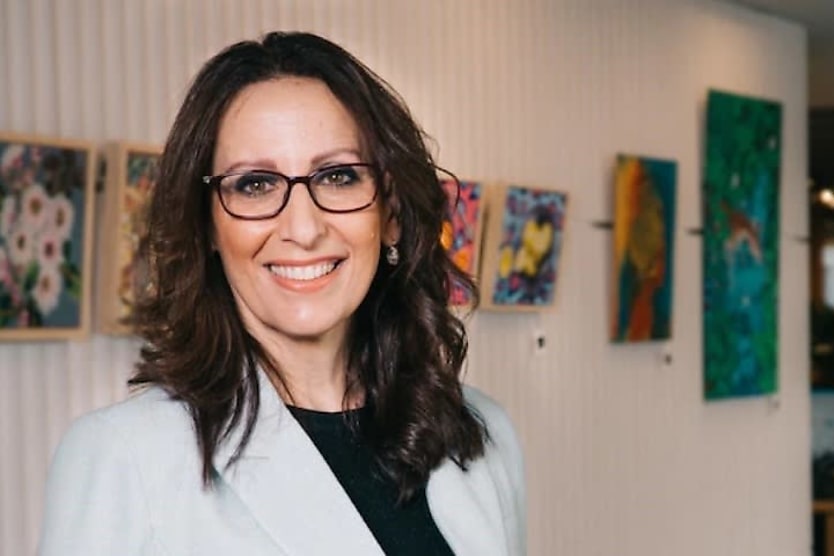
The HR Leader and Fay Calderone sat down on 4 November this year to discuss a number of issues, including some of the more negative impacts of remote and hybrid working. As a Hall & Wilcox partner and their diversity, inclusion and wellbeing council chair, Ms Calderone is well placed to comment on workplace issues.
Ms Calderone raised that it can be difficult for employees to access mental health support and that employers can help with this.
She commented of pandemic lockdowns and now: “People were on waiting lists, psychologists and psychiatrists had their books closed. So, having a really good EAP provider, not just a number but making sure that they do have the resources and support available, and tailored resources depending on what the employees are dealing with. I think that those measures all go a long way and of course are also necessary in terms of their work health and safety obligations; their duty to take steps to risk manage and control psychological hazards in the workplace.”
Ms Calderone highlighted a lack of separation between home and work being a concern.
She said: “Thankfully, home schooling is no more because that obviously was creating all sorts of issues for people. But the struggle of the juggle is still real. I think when people work in an office, there’s obviously a very clear delineation between work life and home life. And you can’t deal with what you can’t see, and therefore when you’re at work, you tend to be, emergency phone calls aside, present in the office. And you don’t have that additional home stress.”
Ms Calderone continued: “I think working from home brings with it its own mental health challenges because you have the struggles of whatever is happening within the household within reach, but you can’t necessarily address it because you are also working, and you are expected to be on. And there’s a challenge there in terms of trying to get that healthy barrier between work and home while you’re working from home.
“Work has encroached into [people’s] home life and it’s now become very difficult for them to separate that or to switch off.”
Ms Calderone listed some of the things that HR teams could suggest to help promote better mental health, including: “good sleep hygiene, switching off if we don’t have physical four walls and physical barriers, how to create mental barriers between work and home, how to reset, the power of meditation, and all of the other things and supports employers can provide”.
“But we do recommend that they do provide it as part of their health and wellbeing programs,” she cautioned.
In 'Quiet quitting' or burnout by another name? earlier this year, HR Leader noted the mental state people may be in after recent pandemic experiences: “No one will argue that the last few years have been easy for employees, but very few people are talking about the collective trauma that the world’s workforce has gone through because of COVID-19. Whether it was adjusting to changing working patterns and locations or being more directly and heavily affected by illness or grief, the pandemic has taken a toll on most people.”
The transcript of this podcast episode with Fay Calderone, when quoted above, was slightly edited for publishing purposes. The full audio conversation with Ms Calderone, including references links and note from the editor is here.
Notes from the editor: If you’re currently experiencing any of the sensitive issues we’ve discussed in this podcast and would like to reach out for help, you may wish to contact Lifeline: www.lifeline.org.au
RELATED TERMS
Employees experience burnout when their physical or emotional reserves are depleted. Usually, persistent tension or dissatisfaction causes this to happen. The workplace atmosphere might occasionally be the reason. Workplace stress, a lack of resources and support, and aggressive deadlines can all cause burnout.
Shandel McAuliffe
Shandel has recently returned to Australia after working in the UK for eight years. Shandel's experience in the UK included over three years at the CIPD in their marketing, marcomms and events teams, followed by two plus years with The Adecco Group UK&I in marketing, PR, internal comms and project management. Cementing Shandel's experience in the HR industry, she was the head of content for Cezanne HR, a full-lifecycle HR software solution, for the two years prior to her return to Australia.
Shandel has previous experience as a copy writer, proofreader and copy editor, and a keen interest in HR, leadership and psychology. She's excited to be at the helm of HR Leader as its editor, bringing new and innovative ideas to the publication's audience, drawing on her time overseas and learning from experts closer to home in Australia.










